Recently, I walked outside just to find my two daughters lying on the back deck sprawled out like eagles, eyes wide open and staring at the clouds slowly passing by. They lay in complete silence, until they noticed my presence. “We’re playing dead to see if the turkey vultures will come and peck at our eyes!” my youngest cheerfully volunteered and pointed at a couple of big black birds circling overhead.
I shouldn’t have been surprised. My kids are no strangers to finding things to do. In fact, just about every day they make up some new game, find a creature to investigate or just muck around in the creek until they’re too wet and cold for comfort. And I cherish every day of it, because it tells me that their sense of wonder is alive and well.
What is our sense of wonder?
We’re all born with an innate sense of wonder, a feeling of awe and amazement over the world around us, and a sense that anything is possible. It means that we have the innocence and curiosity to be “wowed” and fascinated even by the littlest things, and to see their particular uniqueness. It is to wonder “why” and search for answers with a wide-open mind. It is to marvel over the ant lugging a heavy leaf to its hill and to ponder why the sky is blue.
The natural world is particularly apt at stimulating our ability to find magic in the ordinary. After all, this is the environment where we have evolved for millennia. It’s something that isn’t yet completely tamed and controlled by humans, something that is still greater than us and all our technology. (To tickle your own sense of wonder, just look up at the sky on a starry night.)
Can you lose your sense of wonder?
Unfortunately, our sense of wonder tends to wither away as we get older. We lose our innocence, get busy and often become detached from the natural world. Worse, some kids seem to lose theirs prematurely. They typically have a hard time finding anything to do outside, aren’t easily impressed by things found in nature and quickly starts to complain about being bored. It almost seems like they don’t know how to play outside.
It always saddens me to see, not only because having a sense of wonder is a beautiful thing that helps us stay creative and solve problems (it is at the core of all scientific inquiry), but also because it is what keeps us rooted in nature. Without that connection, children risk becoming encapsulated in a human-centric bubble and may grow up to view nature as a mere source of resources to be mined, rather than a web of life of which they’re an integral part. And if that happens, chances are they will never fully grasp the need to protect nature.
I believe children’s sense of wonder (and adults’ too for that matter) is like a muscle of the mind; if we nourish it right, it will grow stronger, and if we neglect it, it will become weaker.
Things that can DIMINISH a child’s sense of wonder:
- Not having enough opportunity to play outside.
- Excessive screen time.
- Adults constantly dictating the child’s play time in an attempt to educate.
- Having too many manufactured toys that don’t stimulate creativity.
- A hectic lifestyle, packed with structured activities and instant gratification.
Things that can BOOST a child’s sense of wonder:
- Ample time to explore nature hands-on, the friluftsliv way.
- Not having a particular plan or agenda when playing outside.
- Adults acting as “co-discoverers” who ask questions and encourage the child’s inquisitiveness by gentle guidance.
- Open-ended “toys” found or made in nature; sticks, rocks, leaves, nuts, water, mud, secret hideouts.
- A slow lifestyle that allows the child to become bored in order for creativity to blossom.
Back at our deck, I took a cue from my daughters and lay down next to them, spread my limbs out like an eagle and looked up at the sky. Because the best part about nurturing our children’s sense of wonder may be rediscovering our own in the process, through their eyes. Which, I should add, did not get pecked out by vultures that day.

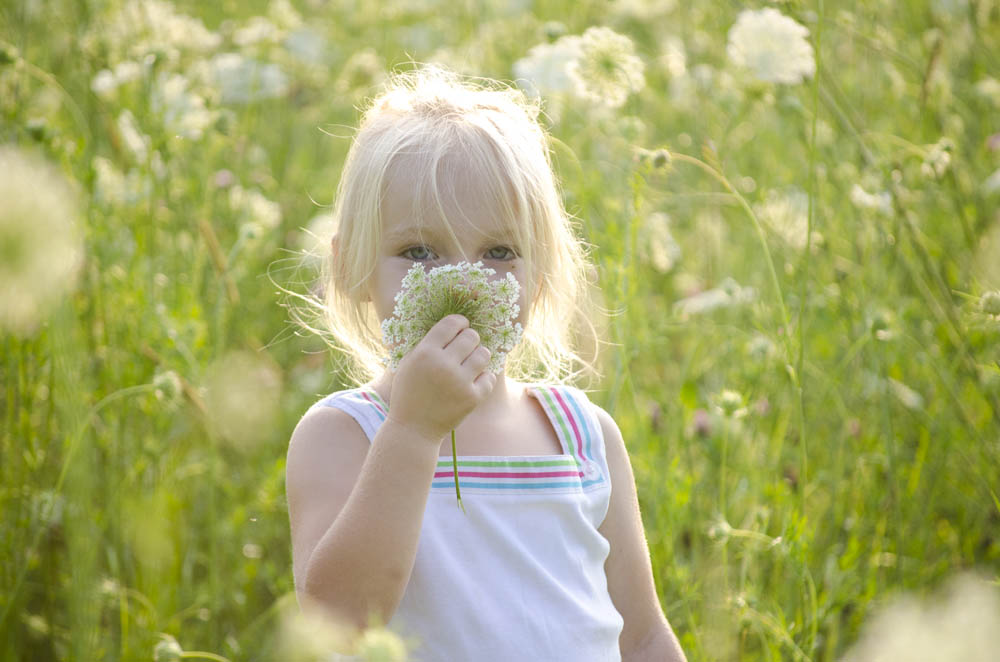
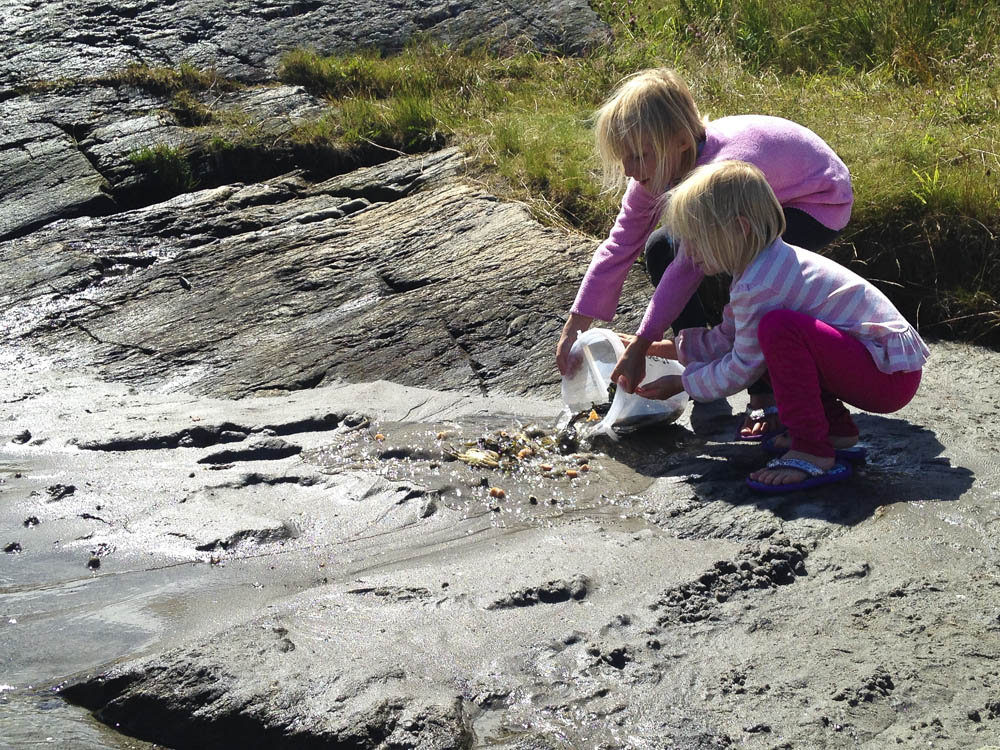
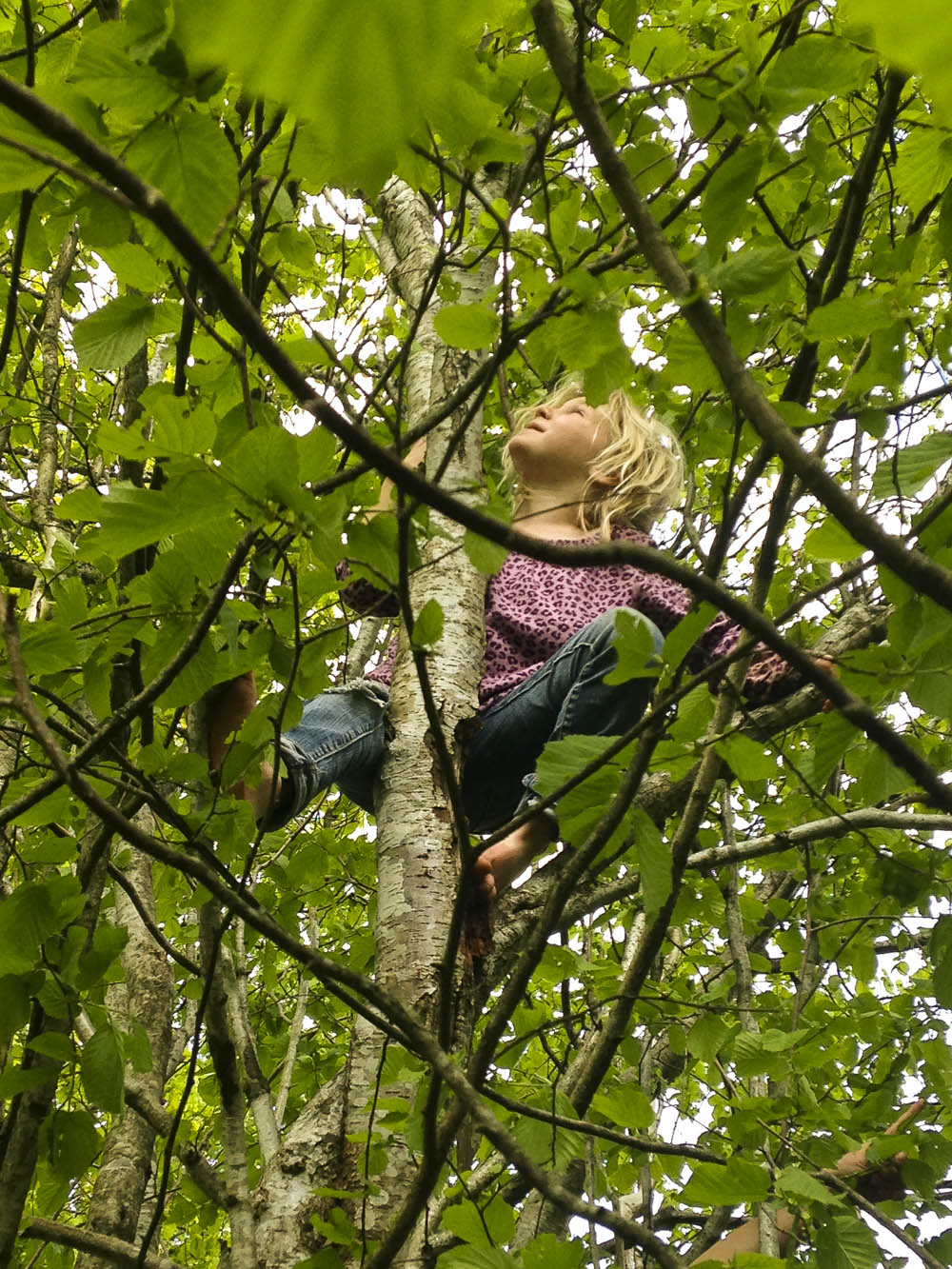
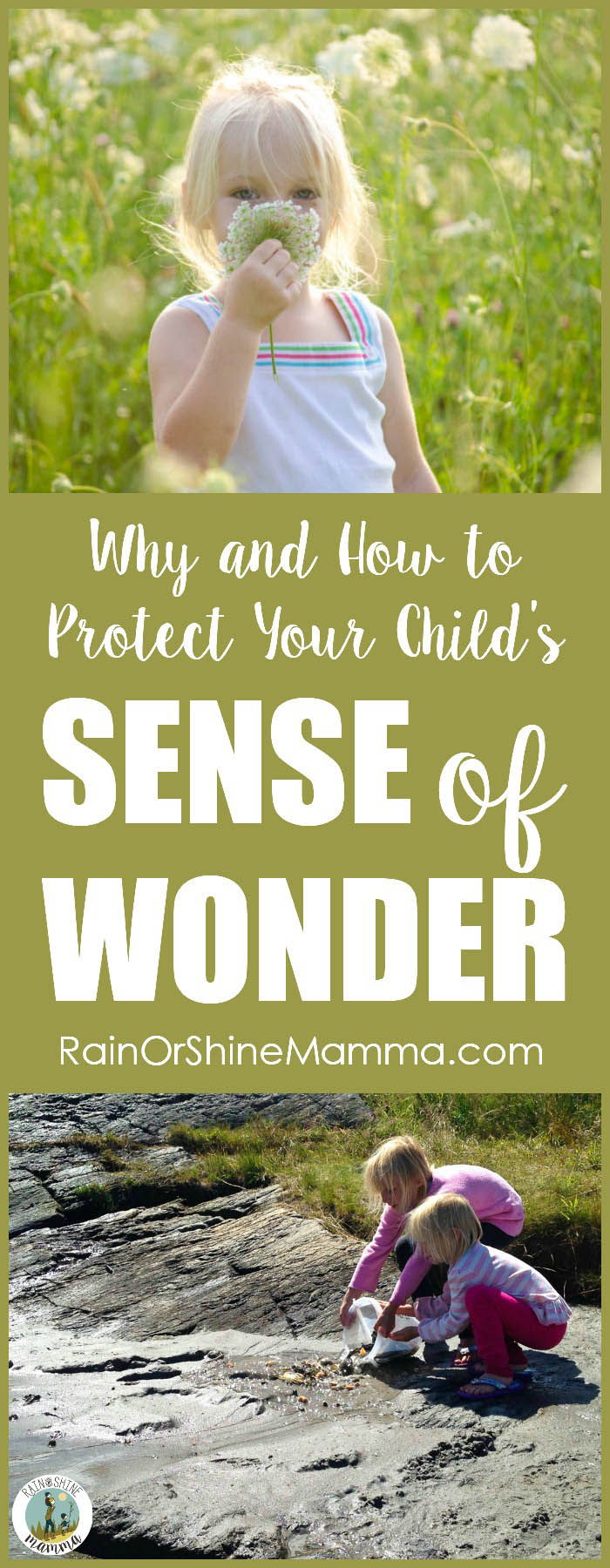
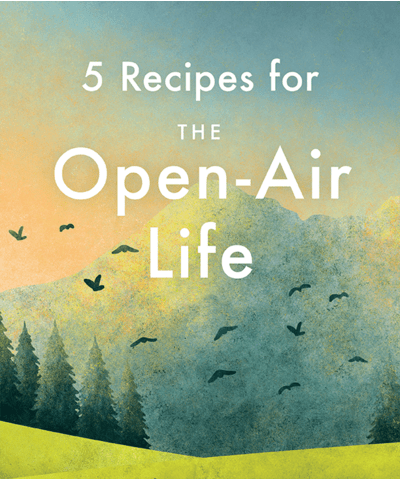
Hi Linda!
Amazing post! Thank you!
Also, I am halfway through your book! I have learned so much from it already!
Let me tell you, I live in MN and have a 9 month old baby. I have felt trapped in doors these past Winter months out of fear I didn’t have the proper weather gear for my baby, and to be honest I didn’t know proper gear even existed. Next baby, things will be different, thanks to you!
I do have a question though: can you speak to how babies my son’s age are incorporated into time outdoors in Sweden? Aside from going for walks and swinging in the swing, I am clueless as to what is “ok” to do with my baby outside. Is it ok to let them crawl about or am I crazy for doing this lest he choke on things that he would put in his mouth? I hope that doesn’t sound like a neurotic crazy American talking… but maybe I am one?! Anyways, I really need some guidance for my son’s age group when it comes to the outdoors.
Many thanks!
Catherine
Hi Catherine! Thanks for stopping by the blog; happy to hear that you’re enjoying the book:) It is absolutely OK to let babies play and crawl on the ground, as long as you keep an eye out for things that he can choke on. Babies today are to a large extent “containerized”, i.e. they go from one seat to another (car seat, Bumbo seat, stroller etc) when what they really need for optimal development is to move around on the ground and using all their senses. The outdoors is the perfect place for that! One way to engage babies in sensory play outdoors is to let them play with some old kitchen utensils in the mud, or to fill up a container with water and let him add loose parts from nature (sticks, pine cones, rocks etc). For very young babies, you could do tummy time on a blanket outdoors, and crawlers enjoy playing in large cardboard boxes. I haven’t written too much about it on my blog but I bet there are a lot of other resources if you google it!
This is just what I needed! Thank you very much!
This exactly. I can’t wait to share this post, especially during Occupational Therapy Month. To inhale awe is to exhale enormous potential. You hit the nail on the head!
Thank you so much, Katy! I would love for you to share it:)
I love this post! I pretending to be dead to lure the vultures in seems exactly like the kind of shenanigans I would get into when I was a child.
Haha, too funny! But I think I could see you doing that:)
Hi Linda, I’m from Santiago, Chile and I just ran into your blog wondering around FB. I have a 15 month little and curiuos boy wich was born with clubfoot so his rythm has been a little different according to movement. We live un a department but i always try yo take him outside ti the playground… But some times this is not possible foto us like when he is sick… So muy question is how can I estimulate him or what kind of activities do you most recommend to to do indoor? I try to read him, Switch games, almost no screen exposure, kitchen elementos, etc but sometimes I ran out of ideas!! I would love some tips!!! Thanks so much for your inspiring blog!!!!!
Hello Constanza – Thank you for reaching out:) Have you tried bringing natural objects inside for him to play with? Young children love playing with loose parts, and natural ones (for example rocks, sticks, pine cones, leaves, shells, tree nuts and seeds etc) are full of sensory experiences. It’s also a great way for kids to connect with nature even when it’s not possible to get outside. Using the loose parts as a starting point, you could make different types of nature art such as mandalas or process art with tree nuts (https://rainorshinemamma.comprocess-art-with-tree-nuts/). You could also create a “sensory bin” with natural items or play games, such as this memory game: https://rainorshinemamma.comoutdoor-memory-game-kids/. Hope these ideas help!
Wonderment is an awesome thing that is sometimes neglected in this day and age. We don’t do it enough, but when we do go on hikes, I love to go bird watching. We even went monkey watching on a recent trip to Thailand!
Thanks for stopping by; sounds like a fun trip!
I’m a teacher, and OMG, loved this AMAZING article! Thank YOU! I’d love to share this with my parents.
Thank you for reading! Feel free to share with anybody you think may benefit:)
I love your post about a child’s sense of wonder. I am a behavioral therapists and I work with children. I think I will be sending many of my parent to your website to read this.
Thank you! I’m glad you enjoyed it:)